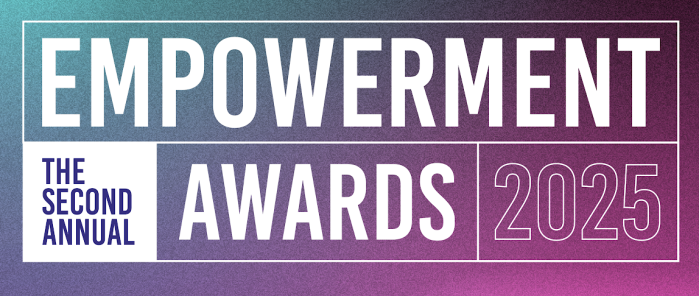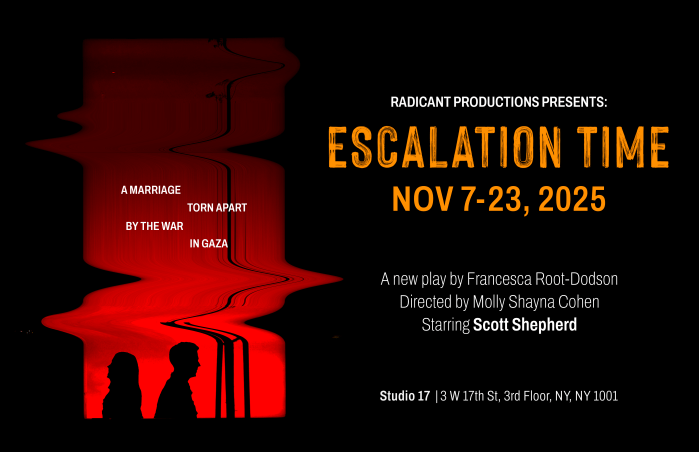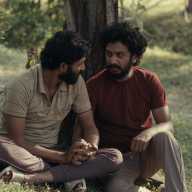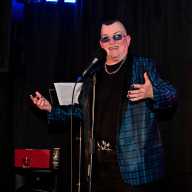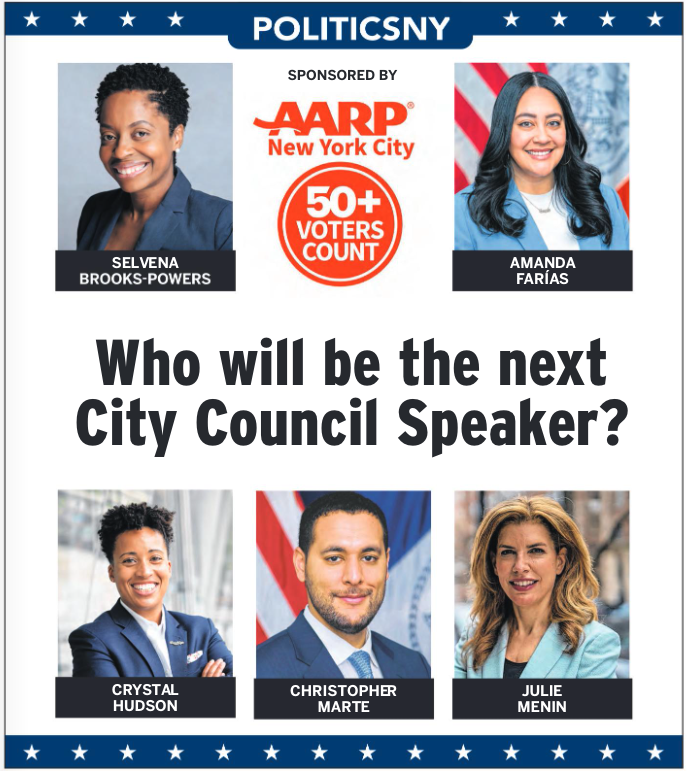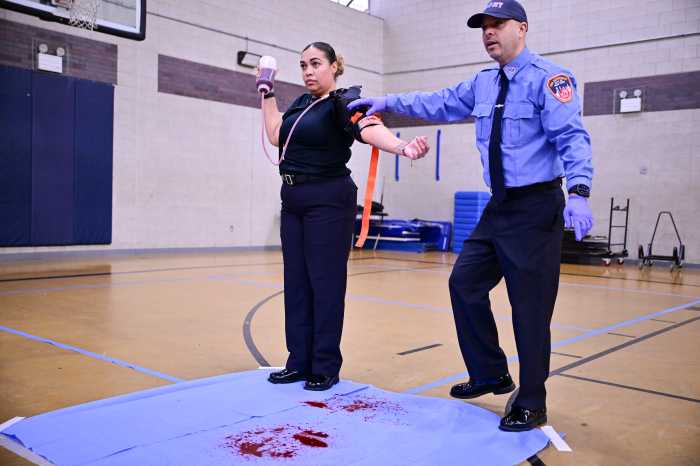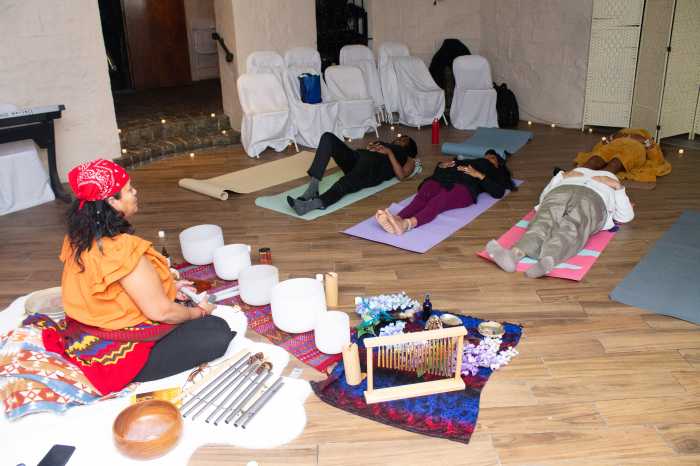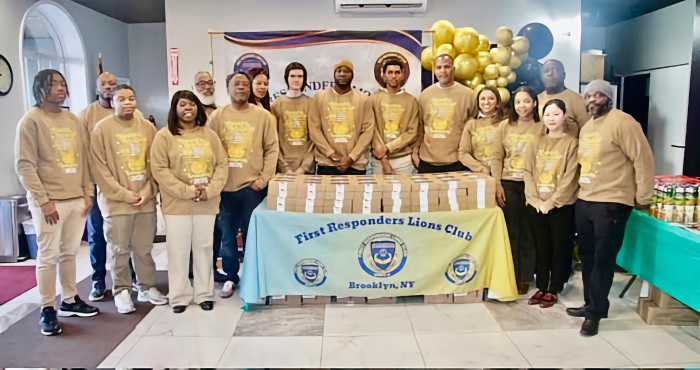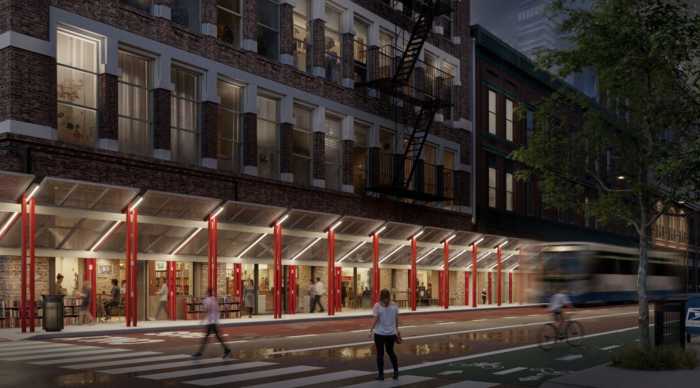When Flannery O’Connor wrote her sublimely perverse short story “A Good Man Is Hard to Find” in the mid-1950s, she was correct: decent men were scarce. Her story ends with a man plugging an old woman full of lead and remarking, “She would of been a good woman, if it had been somebody there to shoot her every minute of her life.” A real charmer.
O’Connor’s Misfit might be extreme in his misogyny, but only by degree. American culture is rife with examples of the irrational but learned contempt for women that men carry with them from childhood to senility. Watching Billy Wilder’s classic comedy-melodrama “The Apartment” with a group of New York City high school students some years ago, I was horrified by the crowd’s response to the scene in which a doctor slaps a heavily drugged and suicidal Shirley MacLaine in the face to snap her back to consciousness. They laughed. Uproariously. What fun to see the guy smack the bitch across her face! I had thought we’d moved beyond that sort of crude and violent sexism, but in fact it had gotten demonstrably worse since 1960, when the film was released. Back then, such glee would have been considered barbaric.
But things may be improving. One sign of this progress is the website The Good Men Project (goodmenproject.com). Devoted to what the site calls “the conversation no one else is having,” the Project provides entertaining stories and advice columns in a fully integrated manner, which is to say that straight men and gay men are all in it together and that many of the writers are women.
Some stories are sexual orientation-neutral: “10 Things Your Massage Therapist Wants You to Know” makes no assumptions about what type of man is reading it (unlike certain men’s magazines that go out of their way to de-gay their content — are you listening, Men’s Health?)
“Bodily functions happen,” the female author declares. “If things are going well in the massage and you are fully relaxing, guess what? It improves your digestion. Your stomach might get noisy and you might fart. It’s a good thing.” Is there anyone who hasn’t worried about that? Take it from me: it’s tough to relax if you’re desperately clenching your butt cheeks.
Also of personal concern to me is, “There is no right or wrong amount of body hair. We aren’t shocked by it. We aren’t grossed out by it. It really is all good, regardless of how you’ve decided to groom it (or not).” I’ve often wondered if my masseurs are appalled by my manly and extensive fur.
Like most articles on The Good Men Project, the author’s advice is practical, direct, and designed to relieve men’s multifarious anxieties — worries that really do lead to tension between sexes and genders as well as within them.
I was especially taken by “A Straight Man’s Reasons for Loving Gay Bars”: “Whenever I leave New York City, when I find myself in smaller towns, I like to drink in gay bars.” Okay, I admit it: my initial response was, “Oh, honey, please!,” followed by a lengthy mental roster of all the gay sexual delights the writer clearly needed to try.
But he quickly convinced me he wasn’t putting one over on himself: “Most every gay has had to fight intolerance growing up. Especially those in rural or religious areas of the country. They understand the pain of life and have often moved beyond it. They don’t forget it though. Consequently they are some of the least judgmental people I have met. Well, except when it comes to what others wear.” Funny! He sounds like someone I’d like to meet. Bet I could turn him… Nah.
I was skeptical of “Misogyny Hurts Men, Too” — until I read it. The writer, Noah Berlatsky, begins with the story of an eighth-grade boy who wore eye make-up and lipstick to school one day along with an anarchist T-shirt. The kid was clearly a young provocateur, and his visual stink bomb worked: the principal promptly informed him that he was in violation of the school’s dress code, despite the fact that girls were permitted to wear exactly the same make-up.
Berlatsky’s point is that misogyny isn’t just men’s hatred of women; it’s everyone’s hatred of all things feminine. He goes on to tell of a women’s music festival that embraces transmen but rejects transwomen. Apparently the adoption of masculinity by a born-biological woman is fine as far as the festival’s organizers are concerned, while the opposite — a born-biological man taking on the characteristics of femininity — is unacceptable. By the end, Berlatsky won me over. His essay wasn’t at all the “poor men” whine-fest I’d feared.
My pal the poet Charlie Bondhus edits the Poetry section. That the Good Men Project even has a poetry section is impressive. The site simply assumes that good men read poetry. Can’t get much more progressive than that.
Gayer than Logo
We all know and love the great Rachel Maddow, Rhodes scholar, political wit, sometime snark purveyor, absolutely lesbian host of the MSNBC show that bears her name. Less familiar, except to those of us who are smitten with them, are that channel’s two out gay men, Steve Kornacki and Josh Barro.
Kornacki is the host of MSNBC’s weekend morning show, “Up with Steve Kornacki,” the title of which sparks prurient thoughts about which the squeaky clean Steve would surely be mortified. Barro is a frequent contributor to “The Cycle” (he often subs for the mind-bogglingly hot, tragically straight Ari Melber) and to other MSNBC shows. Barro also recently began writing for the New York Times’ online offering “The Upshot.”
Both men are, as they used to say about respectable African Americans, a credit to their kind. They’re phenomenally smart. Kornacki knows seemingly every detail of American political history; he calls up facts with lightning speed on camera, where even seasoned on-air anchors and reporters sometimes get flustered when forced to ad lib.
Barro is an expert on economics, both practical and theoretical, and despite his reedy voice, he’ll probably have his own show sometime in the future. He used to be a real estate banker before he gave up usury for journalism, and he not only understands the way politics and economics work in tandem but excels at explaining complex ideas in clear, everyday language.
I’m a big fan of these guys, and I’d hoped to feature interviews with them in this Pride issue. Unfortunately, neither of them (nor MSNBC’s press office) dignified my respectful and polite requests with even a brief reply; they couldn’t even be bothered to fob off on some hapless summer intern the task of sending a short “thanks but no thanks” note. I wish Kornacki, Barro, and MSNBC didn’t feel so high and mighty and dismissive of me, not to mention you. It’s most unlovely and really quite rude.
Follow @edsikov on Twitter.


